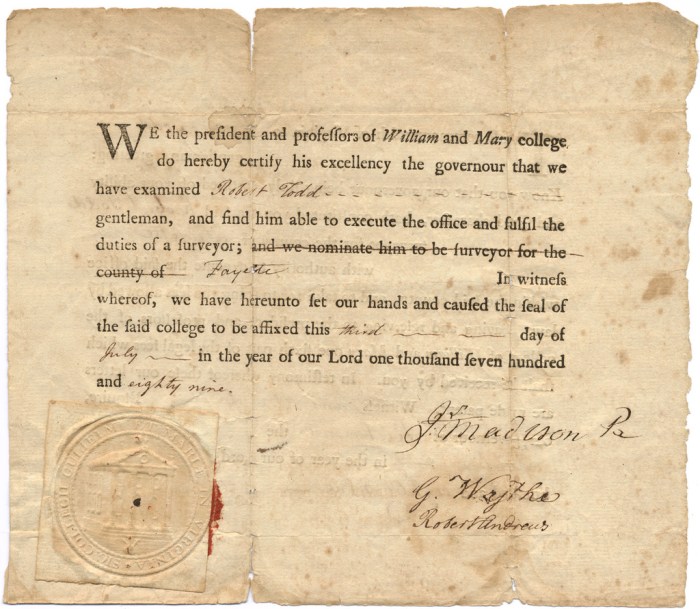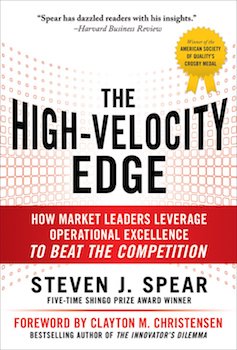
We’ve been on an OKR journey for a little over two years. I think it’s pretty funny (no, not really) that when we first started, we all said something to the effect of, “This makes sense and doesn’t seem too complicated. It should be straightforward.” I mean, how hard could be it be come up with a handful of words to describe what’s most important and a few metrics to go with them every few months?
Hah! It’s amazing how something that seems so simple in concept becomes so complex in practice.
I’ve picked up some lessons, tips, tricks, and resources along our journey. These are relevant in our context and work for us (mostly). Ironically, we usually discovered them through something that wasn’t working for us. Disclaimer: If you’re considering any of these for your own organization, just remember, YMMV. Continue reading








